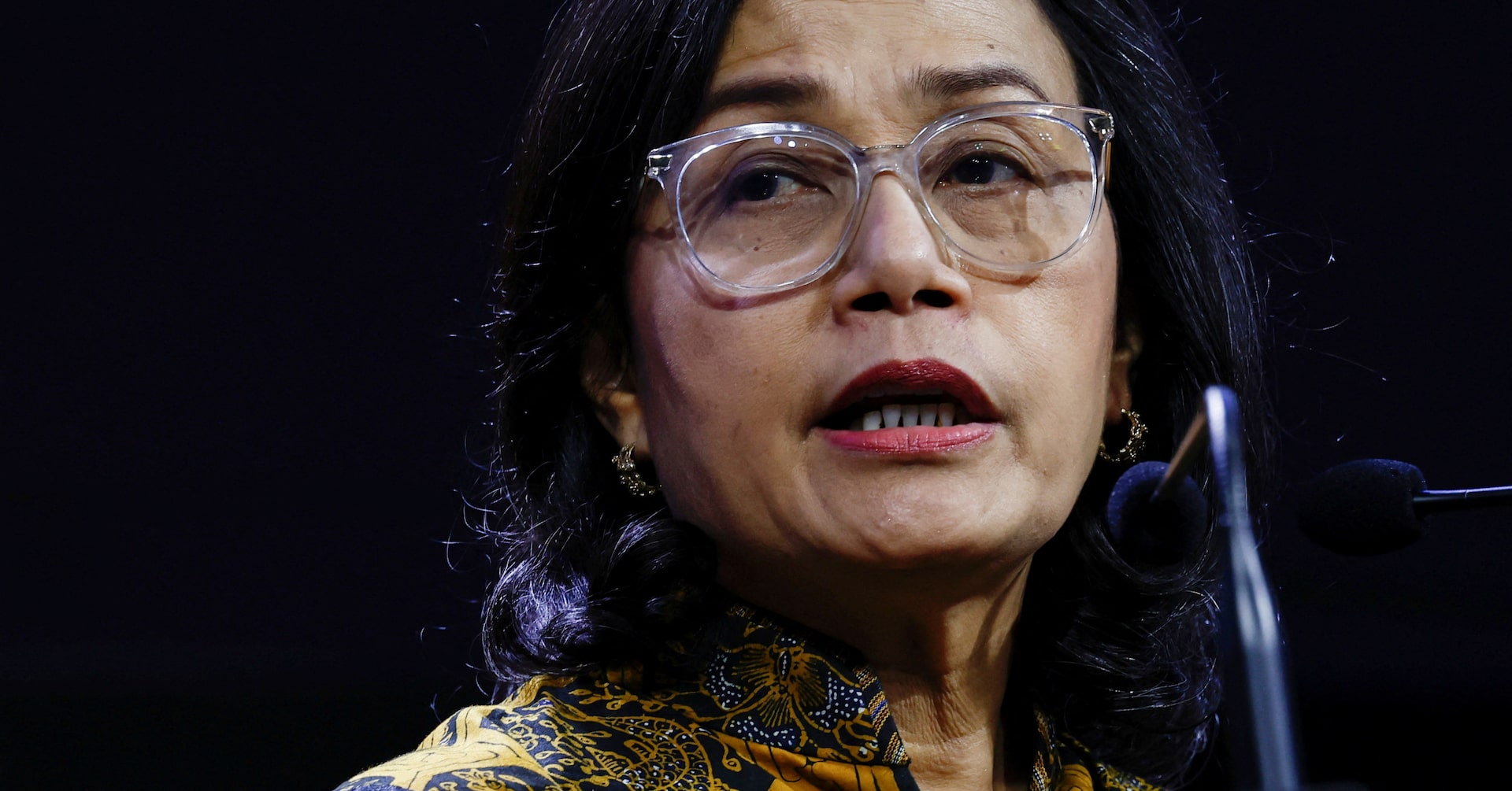Shock Cabinet Shake-up: Sri Mulyani Ousted from Finance Ministry in Surprise Move

In a significant cabinet shake-up on Monday, Indonesia's government announced the removal of Sri Mulyani Indrawati from her position as finance minister. The announcement was made by state secretariat minister Prasetyo Hadi, signaling a notable change in the country's top economic leadership.
The unexpected cabinet reshuffle has drawn attention to potential shifts in Indonesia's financial strategy and governance. Sri Mulyani Indrawati, who had been a prominent figure in the nation's economic management, was unexpectedly relieved of her ministerial duties, leaving many to speculate about the reasons behind her departure and the potential implications for Indonesia's economic landscape.
As the government moves forward with this leadership transition, stakeholders and economic observers are closely watching to understand the broader context and potential impact of this cabinet reshuffle.








